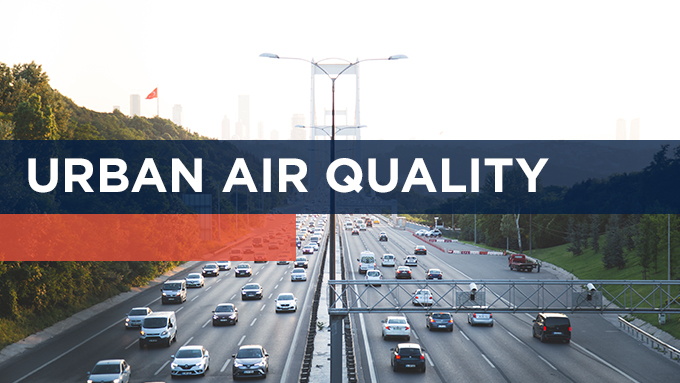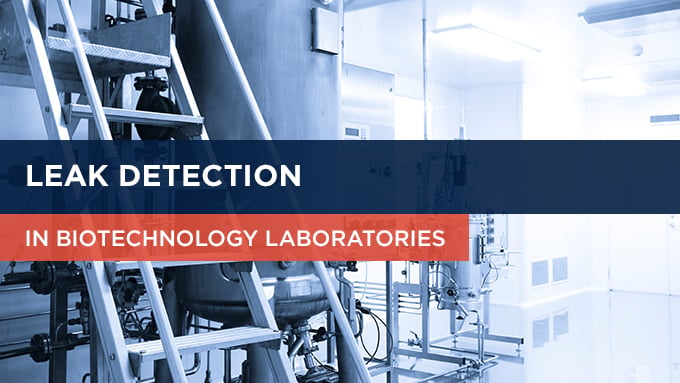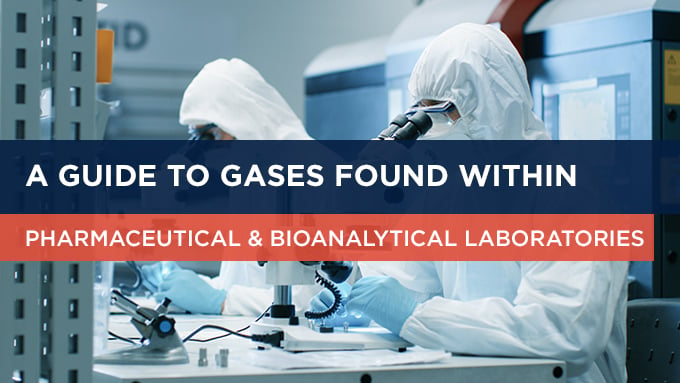Urban Air Quality
Our atmosphere is dynamic. Biological, physical and chemical processes contribute to ‘clean air’, a gas mix which is remarkably well balanced for life and free of toxic gases and particulates.
Oxygen is at as high a concentration as enables aerobic organisms such as us to breath easily, whilst not so high as to cause unquenchable forest fires. Carbon dioxide is plentiful enough for plants to grow, both as a source of carbon and in retaining sufficient but not too much warmth from the sun. Elements essential for life such as sulfur and iodine are transported from land to sea in the form of volatile organic compounds (VOCs).
Many gases, which are toxic or harmful to life are removed by chemical and physical adsorption on solid particles (particulates) which ultimately fall out of the air under gravity as dust or rain. What is more, through a series of chemical reactions, including reactions with sunlight (photochemical reactions), the atmosphere is kept almost completely free of specific VOCs released by plants, it would seem to their own and wider advantage. For example, it has been recently established that on being bruised, leaves release VOC messengers (pheromones) that attract predators of leaf eating insects! Read more!
Leak Detection In Biotechnology Laboratories
Leak checks to analytical laboratory equipment promotes good laboratory practice and preventative maintenance offering a number of benefits including; improvements to analytical performance, minimising troubleshooting, and the prevention of damage to columns and sensitive detectors. Gas leaks can cause significant losses of expensive high-quality gas, shortened trap and purifier lifetimes, increased column bleed, and increased system and detector maintenance. Many problems can be minimised by leak checking a complete analytical system.
Pharmaceutical and biotechnological companies use gases in a wide range of applications across all stages of the production chain – from research, development and quality control to production of active pharmaceutical ingredients (APIs) and final drugs. Industrial gases are essential to the development of modern medicines and the production of pharmaceutical packaging.
Pharmaceutical and biotechnological companies use many variants of gas and chemicals – from high purity gases in the laboratory to process gases in production processes such as chemical synthesis, sterilisation gases and gases to grow biological cultures. Research, development, production and quality control laboratories all use gas-consuming analytical instruments such as gas or liquid chromatographs, nuclear magnetic resonances or mass spectrometry. Read more!
A guide to gases found within pharmaceutical & bioanalytical laboratories
There are a wide variety of gases found within a pharmaceutical or medical laboratory. Many have no taste, colour or smell, which makes it difficult to tell if a gas leak is present. A gas leak from a cylinder or fixed pipe gas system poses a series risk that can cause a potentially fatal incident or hazard within a laboratory environment.
The pharmaceutical industry is one of the worlds fastest growing industries. Most of the sales revenue it generates is then reinvested in the area of research and development of new products. Research and development uses a wide range of speciality gases and equipment. Analytic instruments such as gas chromatographs, liquid chromatographs and spectrometers all rely on the appropriate level of gas delivery to operate effectively.
These pharmaceutical and medical gases are manufactured specifically for the medical, pharmaceutical manufacturing, and biotechnology industries. They are frequently used to synthesize, sterilize, or insulate processes or products which contribute to human health.
Pharmaceutical gases are also inhaled by patients in a technique known as gas therapy. Gases used for human healthcare are strictly controlled by both legislation and industrial standards so as to not impair human physiology.Read more!





